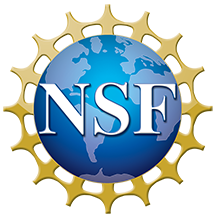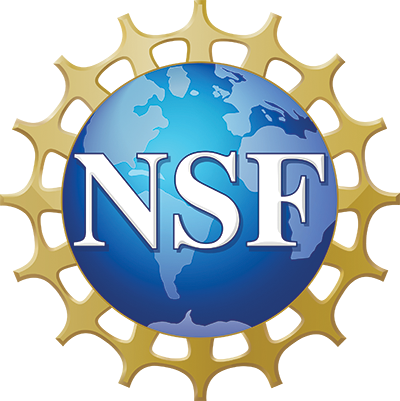
Details about the National Science Foundation Research Infrastructure Workshop
From the NSF:
The National Science Foundation’s (NSF) Research Infrastructure Office (RIO) will host the 2023 Research Infrastructure Workshop from June 27 – 30, 2023, in Washington, DC.
Attendees will have the option to attend the workshop in-person or virtually. Tour of two Smithsonian facilities, including one undergoing constructions, will be given to those attending in-person.
Registration for the workshop will open on April 11, 2023 at 12pm ET.
The Research Infrastructure Workshop is a collaborative forum for all the National Science Foundation’s Research Infrastructure Projects. We strive to support NSF’s mission and promote the scientific endeavor with the following desired outcomes:
- Provide a forum to collect and share best practices and lessons learned
- Discuss new initiatives and collect community input
- Demonstrate project management, operations, and business-related tools and techniques
- Expand our community of practice by connecting colleagues across disciplines and organizations to promote collaboration between facilities
Learn more about this event at: 2023 Research Infrastructure Workshop
Register here (in-person attendance closed June 5, virtual registration closes June 21: Workshop Registration
Tuesday, June 27, 2023, Day 1 of the NSF Research Infrastructure Workshop, CI Compass will host Cyberinfrastructure Workshop sessions
Plenary
11 a.m. EST, “CI Compass: Engaging with NSF Research Infrastructures and the Cyberinfrastructure Community”
Description: This talk will give an overview of CI Compass, the NSF Cyberinfrastructure Center of Excellence. CI Compass provides expertise and active support to cyberinfrastructure practitioners at NSF Research Infrastructures (RIs) in order to accelerate the data lifecycle from data collection to dissemination. The talk will describe the Center’s activities and opportunities for engagement. It will also highlight the CI Compass undergraduate student fellowship program that is designed to expose students to cyberinfrastructure concepts, gain knowledge about the NSF RI ecosystem, and to provide students with internship opportunities at the RIs.
Hosted by: Ewa Deelman, Expert in automation technologies, in particular, scientific workflow management, PI of CI Compass: An NSF Cyberinfrastructure Center of Excellence for Navigating the Major Facilities Data Lifecycle
Plenary
11:30 a.m. EST, “ESnet: A high-performance network user facility optimized for large-scale science, interconnecting the National Laboratory System in the United States”
Hosted by: Inder Monga, Division Director for Scientific Networking Division, Lawrence Berkeley National Lab and Executive Director of Energy Sciences Network (ESnet).
Panel
1:30 p.m. EST, “A Discussion on Different Models of Data Governance”
Description: In this panel, we will discuss the diversity of approaches to Data Governance in Major Facilities/Infrastructures. We would like to be able to relate these approaches to the requirements of the communities they serve and identify best practices that might be useful for the broader community of research infrastructures and academia nationally.
Moderated by: Jarek Nabrzyski, Founding Director of the Center of Research Computing at Notre Dame, co-PI of CI Compass
Panelists:
- Chad Trabant, EarthScope
- Jim Wilgenbusch, Coalition for Academic Scientific Computation, University of Minnesota
- Christopher Bontempi, NAN
Panel
3:25 p.m. EST, “The Expanding use of AI in Research Infrastructure applications”
Description: Our panel experts will discuss the revolutionizing roles of Artificial Intelligence, or AI, from versatile assistants streamlining operations to enabling cutting-edge scientific modeling with neural networks. The panel will address the emerging skills needed for AI engineering, along with other essential skills required to harness AI for scientific progress, ethical implementation, and workforce development. The importantce of well-structured, FAIR data (Findable, Accessible, Interoperable, Reusable) will be emphasized, and the session aims to inspire collaboration and showcase the immense potential of AI to reshape the future of large research facilities.
Moderated by: Charles Vardeman, Computational Scientist, Center for Research Computing at Notre Dame
Panelists:
- Katie Dagon, NCAR
- Dan Stanzione, TACC
- Philip Harris, MIT






